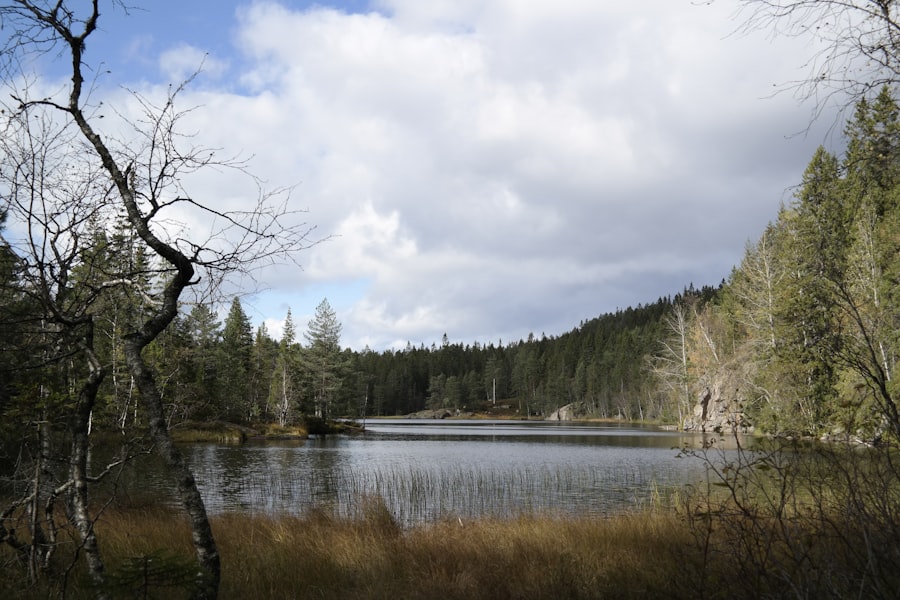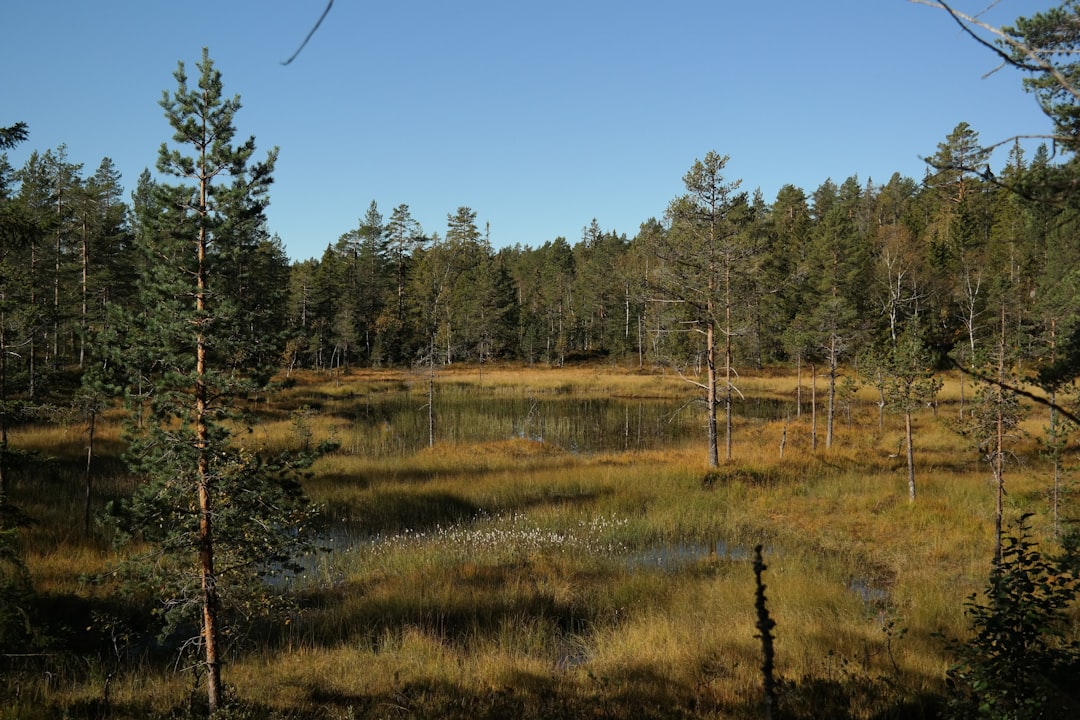When considering a move to Norway, one of the most significant decisions you will face is whether to opt for short-term or long-term rentals. This choice can greatly influence your experience in this beautiful Scandinavian country, impacting everything from your financial situation to your social integration. The Norway Relocation Group is here to assist you in navigating this complex landscape, providing tailored advice and resources to help you make the best decision for your unique circumstances.
Whether you are a student, a professional, or someone seeking a fresh start, understanding the nuances of both rental options is crucial. Short-term rentals typically refer to accommodations that are leased for a period of less than six months, often catering to tourists or those on temporary assignments. In contrast, long-term rentals are generally defined as leases lasting six months or more, appealing to individuals looking for stability and a more permanent living situation.
Each option comes with its own set of advantages and disadvantages, and the right choice will depend on your personal needs, lifestyle preferences, and financial considerations. Plan your relocation with confidence. Book a personal meeting with the Norway Relocation Group today.
Summary
- Short-term rentals offer flexibility and freedom for travellers, while long-term rentals provide stability and a sense of community in Norway.
- Pros of short-term rentals in Norway include higher potential income and the ability to use the property for personal use, but cons include higher turnover and more management responsibilities.
- Pros of long-term rentals in Norway include stable income and less frequent turnover, but cons include less flexibility and potential difficulty in finding tenants.
- Short-term rentals in Norway may cost more upfront due to higher turnover and maintenance costs, while long-term rentals offer more predictable and potentially lower costs over time.
- When deciding between short-term and long-term rentals in Norway, consider legal and administrative requirements, as well as the impact on community and social integration.
Short-term rentals in Norway offer a plethora of benefits that can be particularly appealing for newcomers. One of the most significant advantages is flexibility. If you are unsure about how long you will stay in Norway or if you want to explore different areas before committing to a long-term lease, short-term rentals provide the perfect solution.
They allow you to experience various neighbourhoods and lifestyles without the pressure of a long-term commitment. Additionally, many short-term rentals come fully furnished, which means you can move in with minimal hassle and start enjoying your new surroundings right away. However, short-term rentals also come with their drawbacks.
One of the primary concerns is cost; short-term accommodations can be significantly more expensive on a per-night basis compared to long-term leases. This can quickly add up, especially if you plan to stay for an extended period. Furthermore, the availability of short-term rentals can be limited in certain areas, particularly during peak tourist seasons when demand is high.
This scarcity can lead to increased competition and potentially less desirable living conditions.
Pros and Cons of Long-Term Rentals in Norway
On the other hand, long-term rentals present their own set of advantages that can be highly beneficial for those looking to settle in Norway. One of the most notable benefits is cost-effectiveness; long-term leases typically offer lower monthly rates compared to short-term options. This can lead to significant savings over time, allowing you to allocate your budget towards other essential aspects of your life in Norway, such as travel or leisure activities.
Additionally, long-term rentals often provide a sense of stability and community, as you will have the opportunity to establish roots and build relationships with neighbours. Nevertheless, long-term rentals are not without their challenges. The commitment involved in signing a lease for an extended period can be daunting, especially if you are still acclimatising to your new environment.
If your circumstances change or if you find that the area does not suit your lifestyle as well as you had hoped, breaking a lease can be complicated and costly. Moreover, many long-term rentals may require you to furnish the space yourself, which can be an added expense and logistical challenge.
When it comes to cost comparison between short-term and long-term rentals in Norway, the differences can be quite stark. Short-term rentals often come with higher nightly rates that can quickly accumulate over time. For instance, while a hotel room might cost around 1,200 NOK per night during peak season, a similar short-term rental could range from 1,500 NOK to 2,500 NOK per night depending on location and amenities.
This makes short-term rentals an expensive option for those planning to stay for several weeks or months. In contrast, long-term rentals typically offer more favourable pricing structures. A one-bedroom apartment in Oslo might cost around 12,000 NOK per month on a long-term lease, which translates to a much lower daily rate compared to short-term options.
Additionally, many landlords offer incentives such as reduced rent for longer commitments or include utilities in the monthly fee, further enhancing affordability. Therefore, if budget constraints are a significant factor in your decision-making process, long-term rentals may be the more prudent choice.
Flexibility is one of the most appealing aspects of short-term rentals in Norway. For those who thrive on spontaneity or are uncertain about their future plans, these accommodations allow for easy transitions between different locations and living situations. You can easily switch from one neighbourhood to another or even explore different cities without being tied down by a lengthy lease agreement.
This freedom can be particularly advantageous for expatriates who wish to immerse themselves in various aspects of Norwegian culture before settling down. Conversely, long-term rentals provide a different kind of freedom—one rooted in stability and community engagement. While you may not have the same level of flexibility as with short-term options, committing to a long-term rental allows you to create a home environment where you can truly settle in and establish connections with your neighbours and local community.
This sense of belonging can enhance your overall experience in Norway and provide a support network that is invaluable during your transition.
Navigating the legal landscape surrounding rentals in Norway is essential for both short-term and long-term options. Short-term rentals often require compliance with local regulations that govern tourist accommodations. In many cities, landlords must register their properties with municipal authorities and adhere to specific safety standards.
Failure to comply with these regulations can result in fines or even eviction from the property. Long-term rentals also come with their own set of legal considerations. Tenants are protected under Norwegian tenancy laws that outline rights and responsibilities for both landlords and renters.
It is crucial to understand these regulations before signing a lease agreement to ensure that you are aware of your rights regarding rent increases, maintenance responsibilities, and termination clauses. The Norway Relocation Group can provide invaluable assistance in navigating these legalities, ensuring that you are well-informed and protected throughout your rental journey.
One of the practical differences between short-term and long-term rentals lies in furnishing and utilities. Short-term rentals are often fully furnished and equipped with essential amenities such as kitchen appliances, linens, and even Wi-Fi. This convenience allows newcomers to settle in quickly without the need for extensive shopping or logistical planning.
However, it is essential to note that the quality of furnishings can vary significantly between properties. In contrast, long-term rentals may require tenants to furnish their apartments themselves unless specified otherwise in the lease agreement. This can be both an opportunity and a challenge; while it allows you to personalise your living space according to your tastes, it also involves additional costs and effort in sourcing furniture and household items.
Furthermore, utility arrangements differ; some long-term leases may include utilities in the rent while others may require tenants to set up their accounts separately.
Community integration is another critical factor when deciding between short-term and long-term rentals in Norway. Short-term accommodations often attract transient populations—tourists or temporary workers—making it challenging to forge lasting connections with neighbours or engage deeply with local culture. While you may enjoy the excitement of meeting new people from diverse backgrounds during your stay, the lack of continuity can leave you feeling somewhat isolated.
On the other hand, long-term rentals provide an excellent opportunity for social integration within the community. By committing to a longer stay in one location, you have the chance to build relationships with neighbours and participate in local events or activities. This sense of belonging can significantly enhance your experience in Norway, allowing you to immerse yourself fully in the culture while creating lasting friendships.
Finding Short-Term Rentals in Norway: Tips and Resources

If you’ve decided that a short-term rental suits your needs best, there are several resources available to help you find suitable accommodations in Norway. Online platforms such as Airbnb and Booking.com offer extensive listings across various cities and regions, allowing you to filter options based on price range, amenities, and location preferences. Additionally, local classifieds websites like Finn.no can provide valuable insights into available properties.
When searching for short-term rentals, it’s essential to read reviews from previous guests carefully; this will give you an idea of what to expect regarding cleanliness, responsiveness from hosts, and overall experience. Furthermore, consider reaching out directly to property owners or managers for any specific questions or requests before booking—this can help ensure that your stay meets your expectations.
Finding Long-Term Rentals in Norway: Tips and Resources
For those leaning towards long-term rentals, there are numerous resources available that cater specifically to this market segment. Websites such as Hybel.no focus on connecting tenants with landlords offering long-term leases across various Norwegian cities. Additionally, local real estate agencies often have listings tailored for expatriates seeking longer stays.
When searching for long-term rentals, it’s advisable to visit properties in person whenever possible; this allows you to assess the condition of the apartment and its surroundings firsthand. Moreover, don’t hesitate to negotiate terms with landlords—many are open to discussions regarding rent prices or lease duration based on individual circumstances.
Ultimately, deciding between short-term and long-term rentals in Norway hinges on your personal circumstances and preferences. If flexibility is paramount—perhaps due to work commitments or uncertainty about your future plans—short-term rentals may be the ideal choice for you. They offer convenience and ease of transition while allowing you to explore various neighbourhoods before making a more permanent decision.
Conversely, if you’re looking for stability and community engagement during your time in Norway, long-term rentals may be more suitable. They provide an opportunity for deeper social integration while often being more cost-effective over time. Regardless of which option you choose, remember that learning the Norwegian language will significantly enhance your experience living in this beautiful country.
The NLS Norwegian Language School in Oslo offers comprehensive courses tailored for expatriates at all levels—from beginners eager to learn basic phrases to advanced speakers looking to refine their skills further. Investing time in language education will not only facilitate daily interactions but also enrich your understanding of Norwegian culture. In conclusion, whether you opt for short-term or long-term rentals in Norway, the support provided by the Norway Relocation Group will ensure that you make informed decisions tailored specifically to your needs while also encouraging you to embrace the language through courses at NLS Norwegian Language School—an essential step towards fully immersing yourself in Norwegian life.

